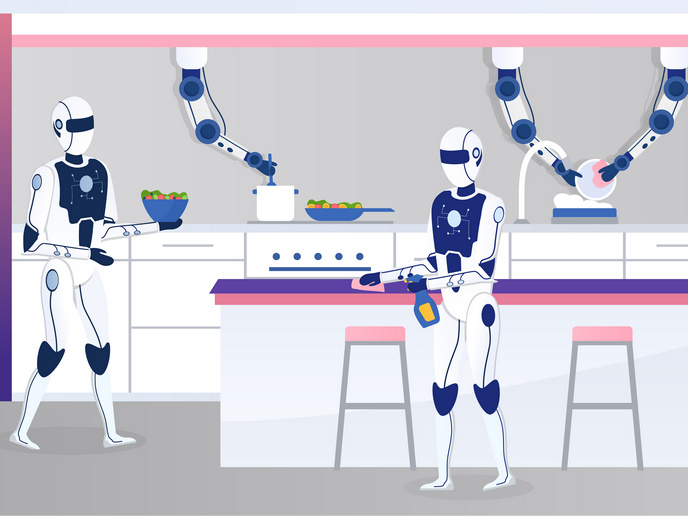A new vision for eradicating poverty
In 2000, the United Nations made eradicating extreme poverty and hunger the first of its eight Millennium Development Goals. This was followed by the 2030 Agenda for Sustainable Development, which makes ending poverty its top priority. Although, thanks in large part to efforts like these, the global poverty level has dropped by over 35 %, it remains a critical issue. The key to reducing poverty is to first understand it, which unfortunately is easier said than done. This is because poverty is a multifaceted challenge effected by a range of factors – from globalisation to domestic policy, climate change and geopolitics. The EU-funded NOPOOR project set out to improve society’s understanding of the poverty problem, and thus our ability to best address it. To accomplish this, the project conducted over 120 different studies that explored numerous dimensions of poverty in developing and emerging countries. The result is a new vision for poverty policies geared towards a globalised world. Getting to the root of the problem When it comes to eradicating poverty, NOPOOR researchers found that most countries have strategies in place. For example, one of the most common strategies are cash transfer programmes. However, researchers discovered that often times these programmes offer only short-term solutions and do little to help create the jobs needed to take people permanently out of poverty. “Having a job is the best way for poor people to get out of poverty,” says Project Coordinator Xavier Oudin. “From our research, we found that poverty reduction policies do not focus enough on work as an instrument against poverty.” As an example, Oudin points to how many workers in the informal sector receive low incomes and are kept out of social insurance schemes. As a result, they have difficulty accessing financial credit. “From this finding, we recommend that creating quality jobs should become a core objective of poverty reduction policies,” he adds. This is just one example of what Oudin calls a general failure of many governments in developing countries to provide satisfactory public goods, which are typically underfunded and/or ineffectively supplied. This is particularly true in education. In its study of a large number of developing countries, NOPOOR researchers found that even when enrolment rates are high, education tends to be of a low quality. “Policies raising the quality of education and of teachers should be implemented to make education a more efficient mechanism for reducing inequalities,” commented Oudin. Fostering long-term development What these examples show is that poverty is best tackled by addressing the foundational problems, such as employment and education. But herein lies the problem: those countries most in need typically are the ones who lack good institutions. Currently, donors tend to resolve this dilemma by bypassing weak state institutions and delivering more aid through NGOs and multilateral organisations. However, in doing so, they often forego the opportunity to help improve local institutions and thus fail to foster long-term development. “Poverty must be analysed in its dynamics, and although many of today’s policies succeed in reducing severe poverty, they fail in terms of the long-term objectives of poverty eradication,” explains Oudin. “The interaction of different dimensions such as education, work, infrastructures and housing – to name only a few – are to be taken into account because progress in one field alone is insufficient to eradicate poverty.”







